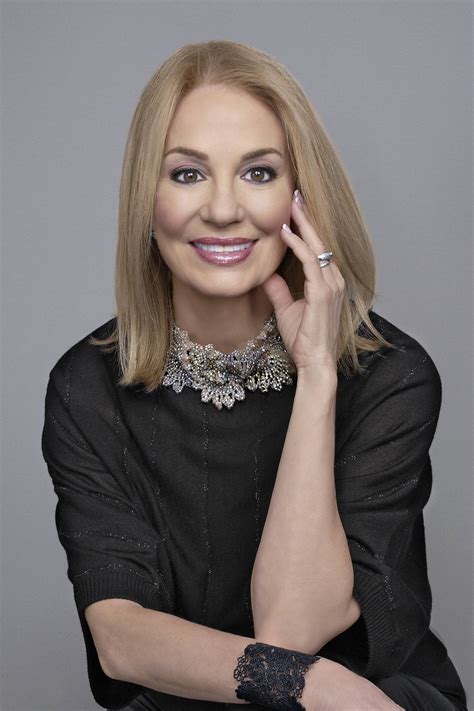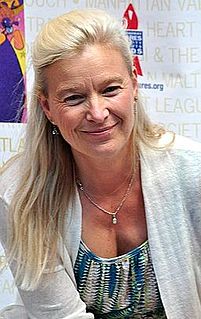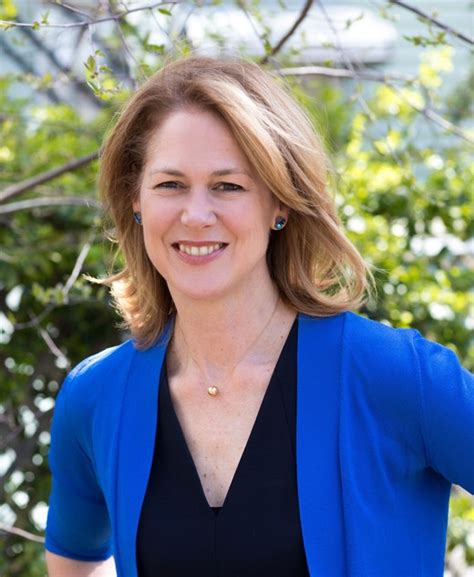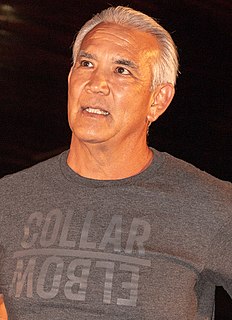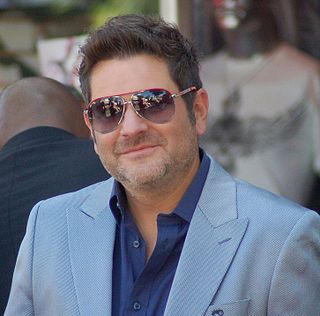A Quote by Suzanne Bates
I'm the CEO of a small growing company, and at each stage of our growth, it's become apparent to me that I need to adapt my leadership style and learn new approaches. When I completed the assessment, asking my own team to provide feedback on the 15 qualities of presence, I learned a lot about the leader I have yet to become.
Related Quotes
We become overly reliant on the strengths that got us where we are today. We also become isolated as we move up in the organization. Unless we have the benefit of assessment, and unless we invite feedback on our leadership, we continue to lean on strengths that can actually work against us, and fail to expand our leadership style in a way that makes us more effective.
Perhaps the most promising trend in our thinking about leadership is the growing conviction that the purposes of the group are best served when the leader helps followers develop their own initiative, strengthens them in the use of their own judgment, enables them to grow, and to become better contributors.
If instead policy makers and program managers participate in an interdisciplinary assessment team, make informal visits to local families and have in-depth conversations with local providers and health authorities, the real needs and complex challenges of organizing good reproductive health services become apparent.The first country that implemented this participatory program of assessment, research and policy development was Brazil. I was one of the outsiders who provided support to the initiative.
Self-respect is often mistaken for arrogance when in reality it is the opposite. When we can recognize all our good qualities as well as our faults with neutrality, we can start to appreciate ourselves as we would a dear friend and experience the comfortable inner glow of respect. To embrace the journey towards our full potential we need to become our own loving teacher and coach. Spurring ourselves on to become better human beings we develop true regard for ourselves and our life will become sacred.
